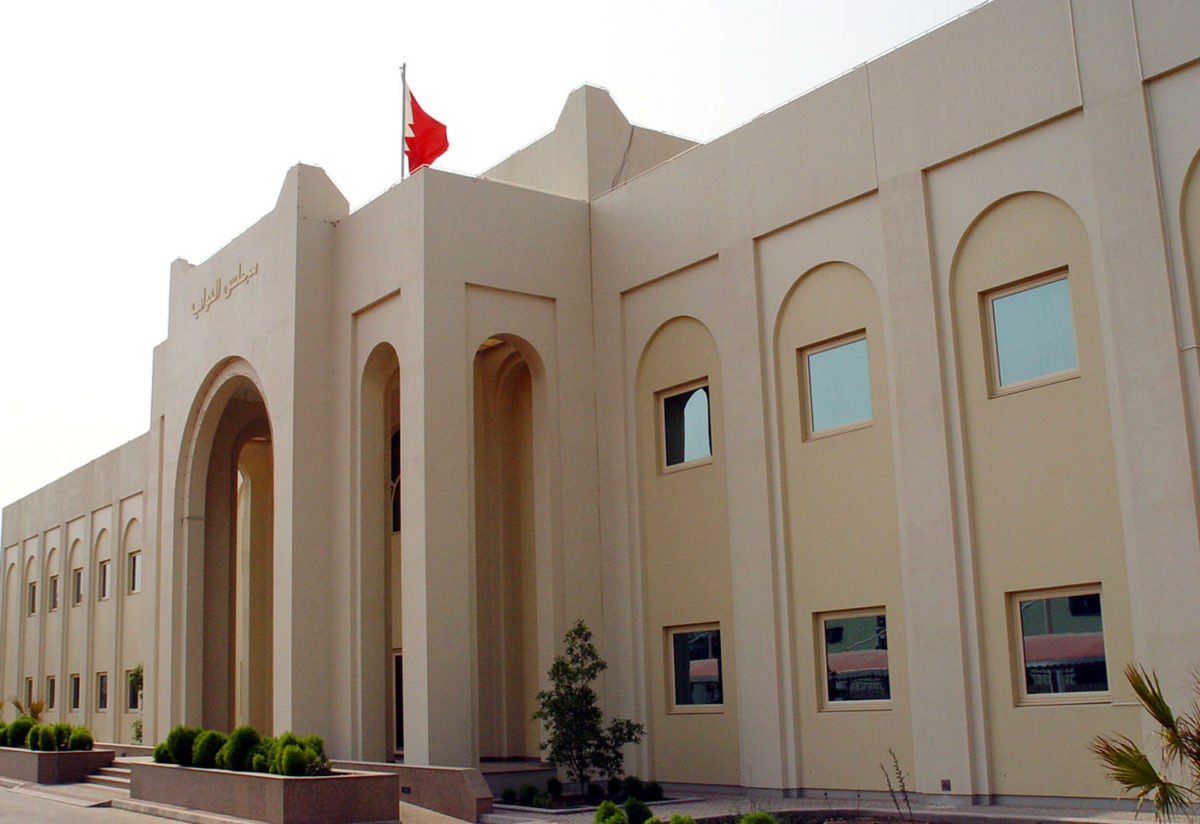
Bahrain: A new law that both punishes and protects the rights of people with HIV could soon be introduced in Bahrain, reports Gulf Digital News.
[In 2012, it was reported in the Khaleej Times that lawmakers in Bahrain had proposed a penalty of 10 years in prison for people who intentionally transmit HIV to another person. It is not clear if intentional transmission is still criminalised in the latest draft bill, or whether the scope has been broadened to non-disclosure.]
It includes jail sentences and fines for those who fail to disclose they have the virus, as well as employers who penalise HIV-positive staff or job candidates.
The Shura Council yesterday gave the law initial approval, after it was earlier given the green light by the Cabinet.
It is a merger of two bills proposed by parliament and obliges the government to offer free medical and psychological care to those with HIV, as well as conduct awareness programmes.
Under the bill, those who discover they are HIV-positive should immediately report to the Health Ministry, but they can do so anonymously.
Anyone who does not inform authorities, their partners or relatives could be sentenced up to six months in jail and fined up to BD1,000.
The same punishment would apply to those who discriminate against people with HIV, including employers who sack staff who test positive and use it as an excuse for disqualifying a job candidate.
It also stipulates that prisoners with HIV should be housed separately from other inmates, but not held in isolation or treated as outcasts.
“There is a huge misunderstanding within the community regarding those with HIV and people’s reactions are unfair,” said council services committee chairwoman Dr Jehad Al Fadhel, who recommended approval of the law.
“People have to learn to deal with those with transmittable dangerous diseases, not as outcasts but as victims.
“Inhumanity is unacceptable and those who mistreat others due to HIV will be punished severely in accordance with the law – and the same applies to those who fail to inform their partners about their condition.”
The council will continue discussing the law during its session next Monday.
Bahrain has already taken steps to confront HIV and Aids, with the Cabinet last year reforming the National Committee for the Prevention of Aids.
It is tasked with coming up with strategies and programmes to prevent the disease – and ensure confidentiality of medical testing.
Duties and tasks of the committee are outlined in the draft bill currently at the Shura Council.







